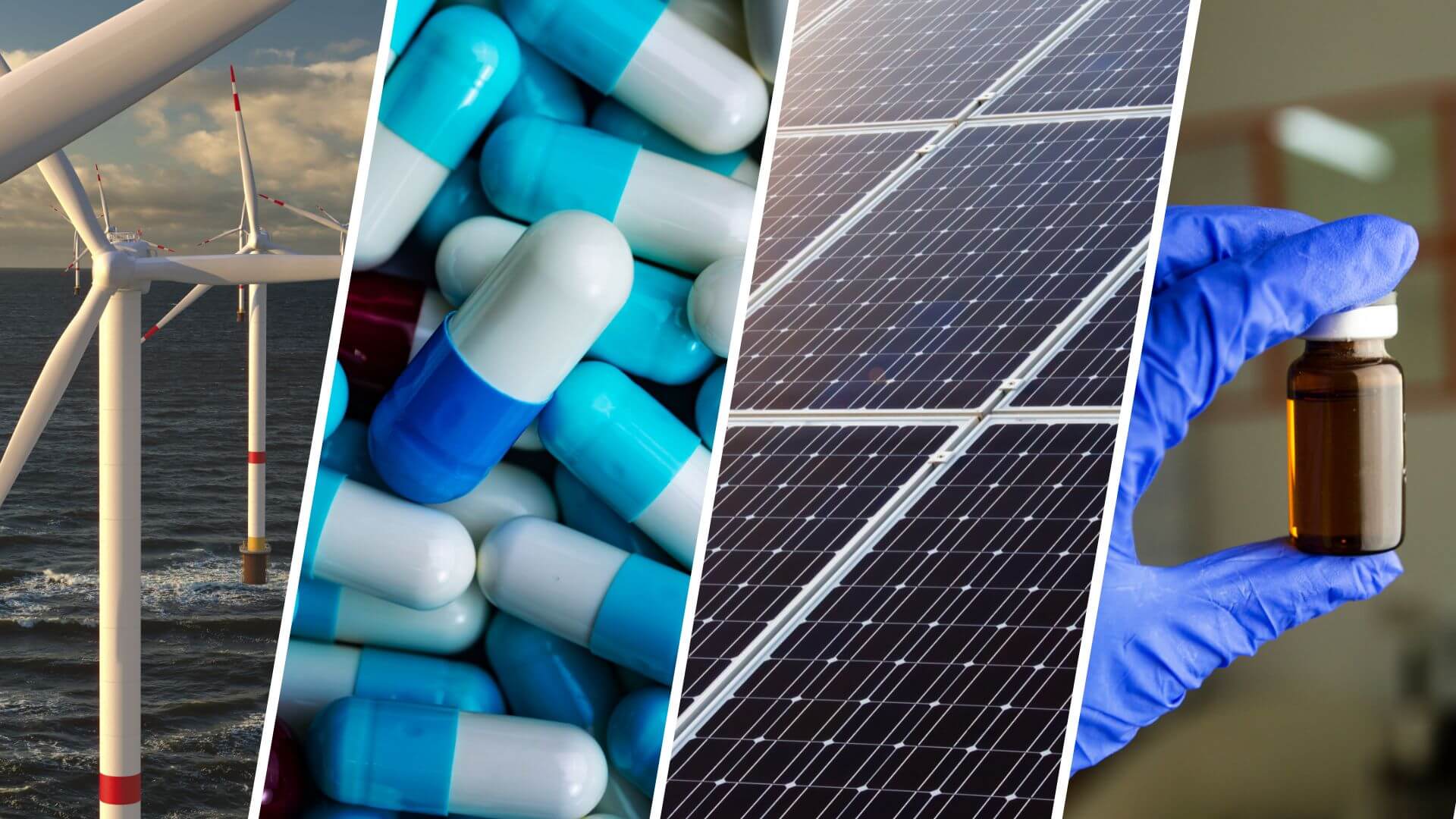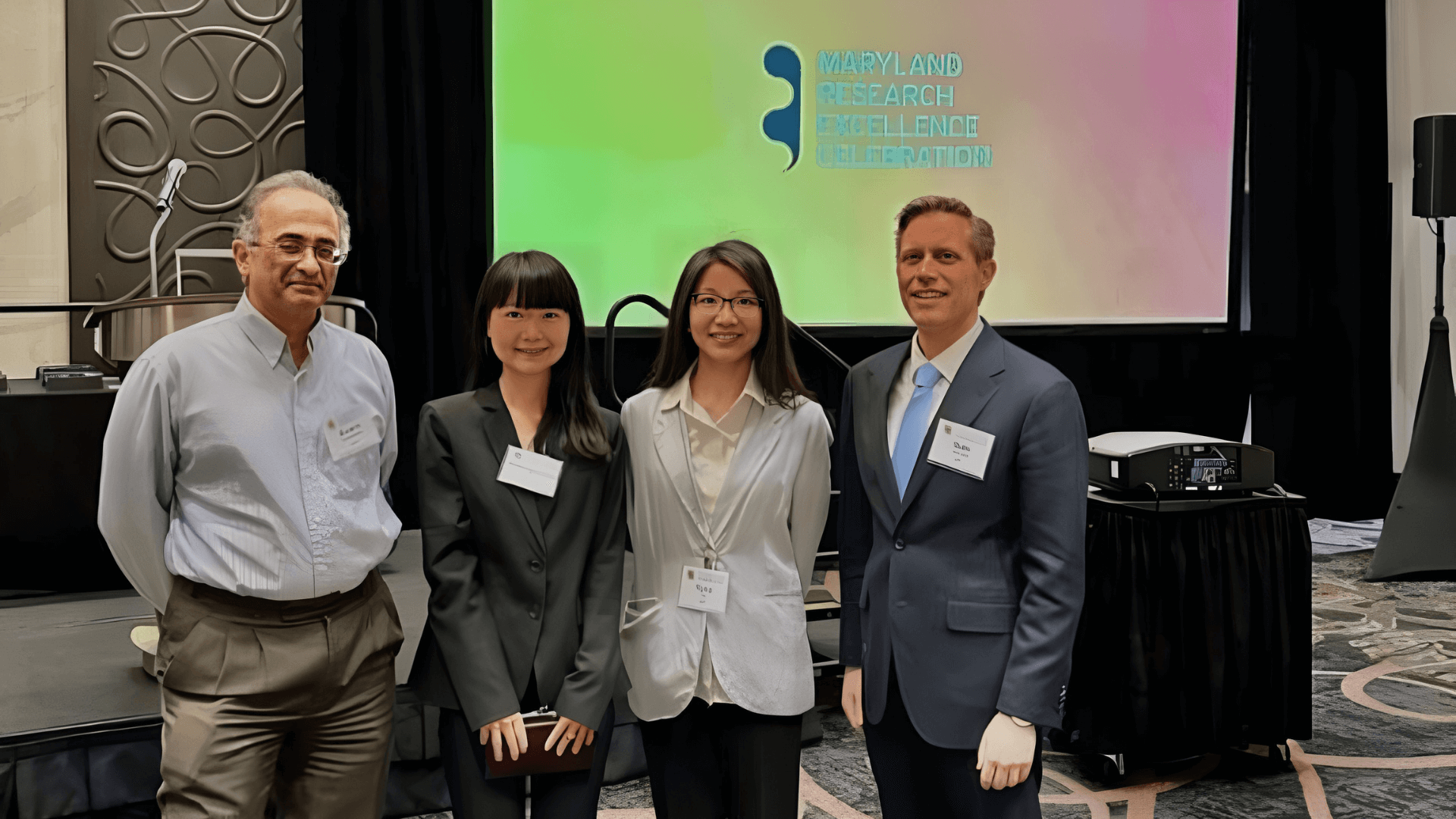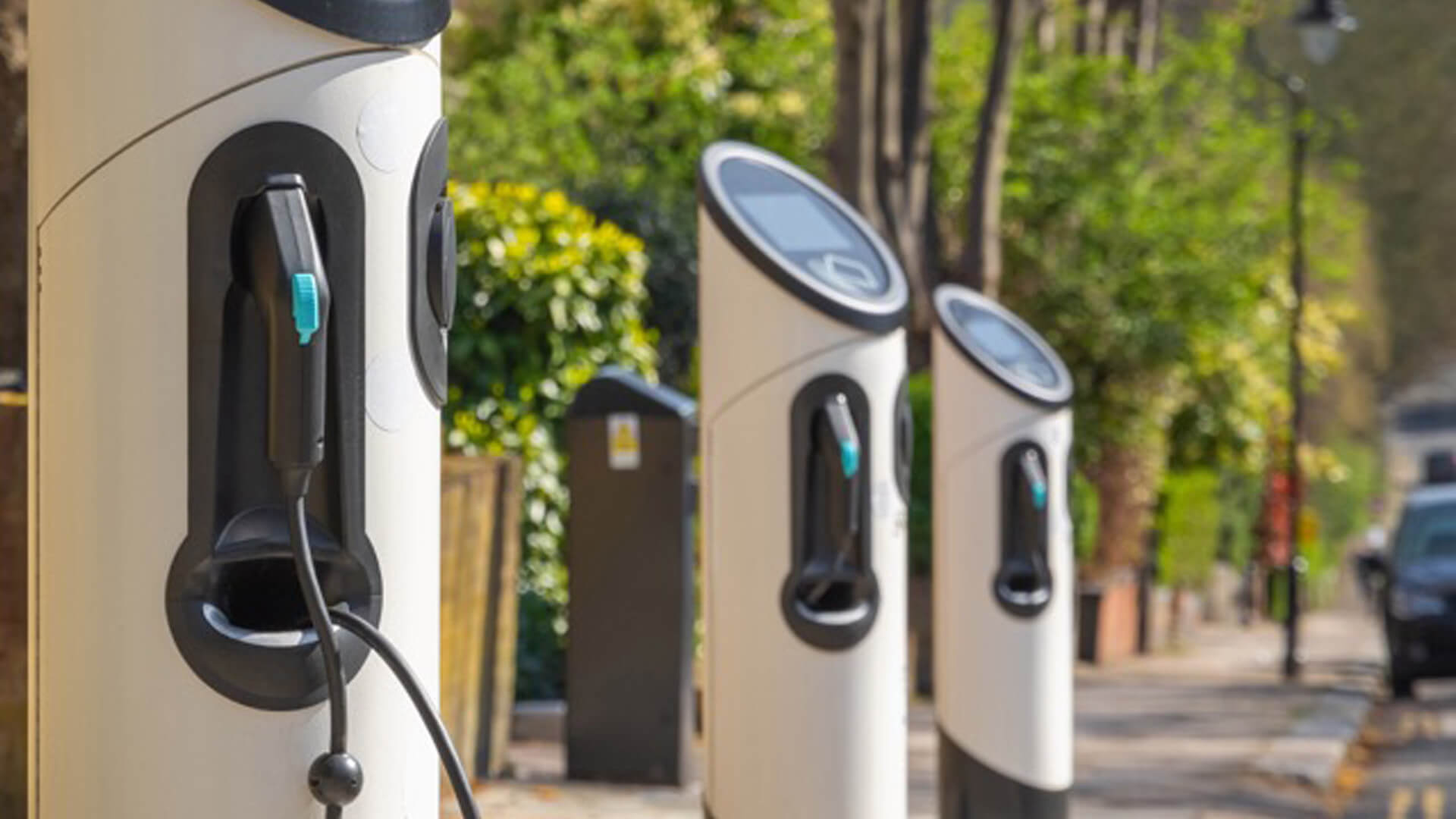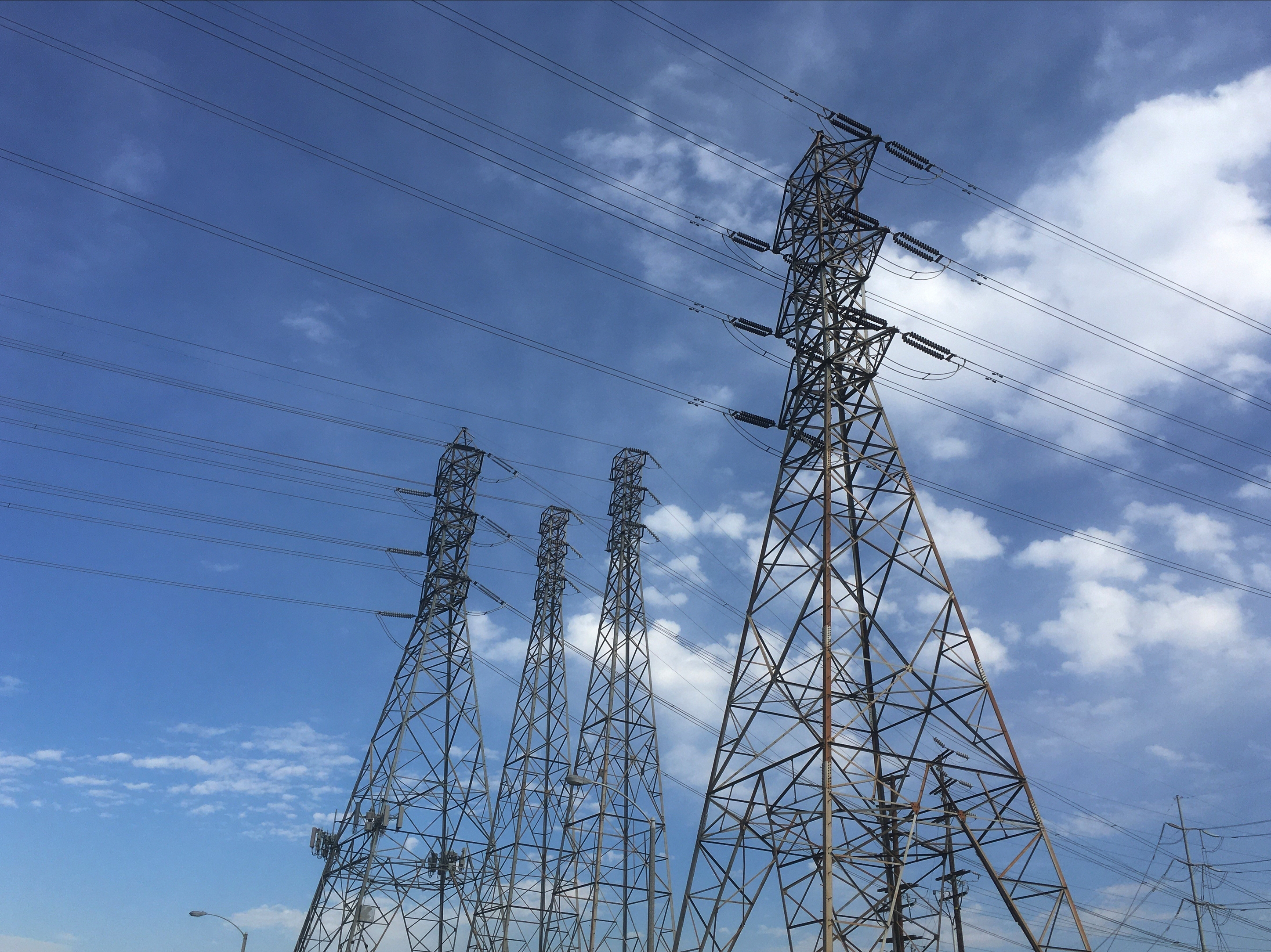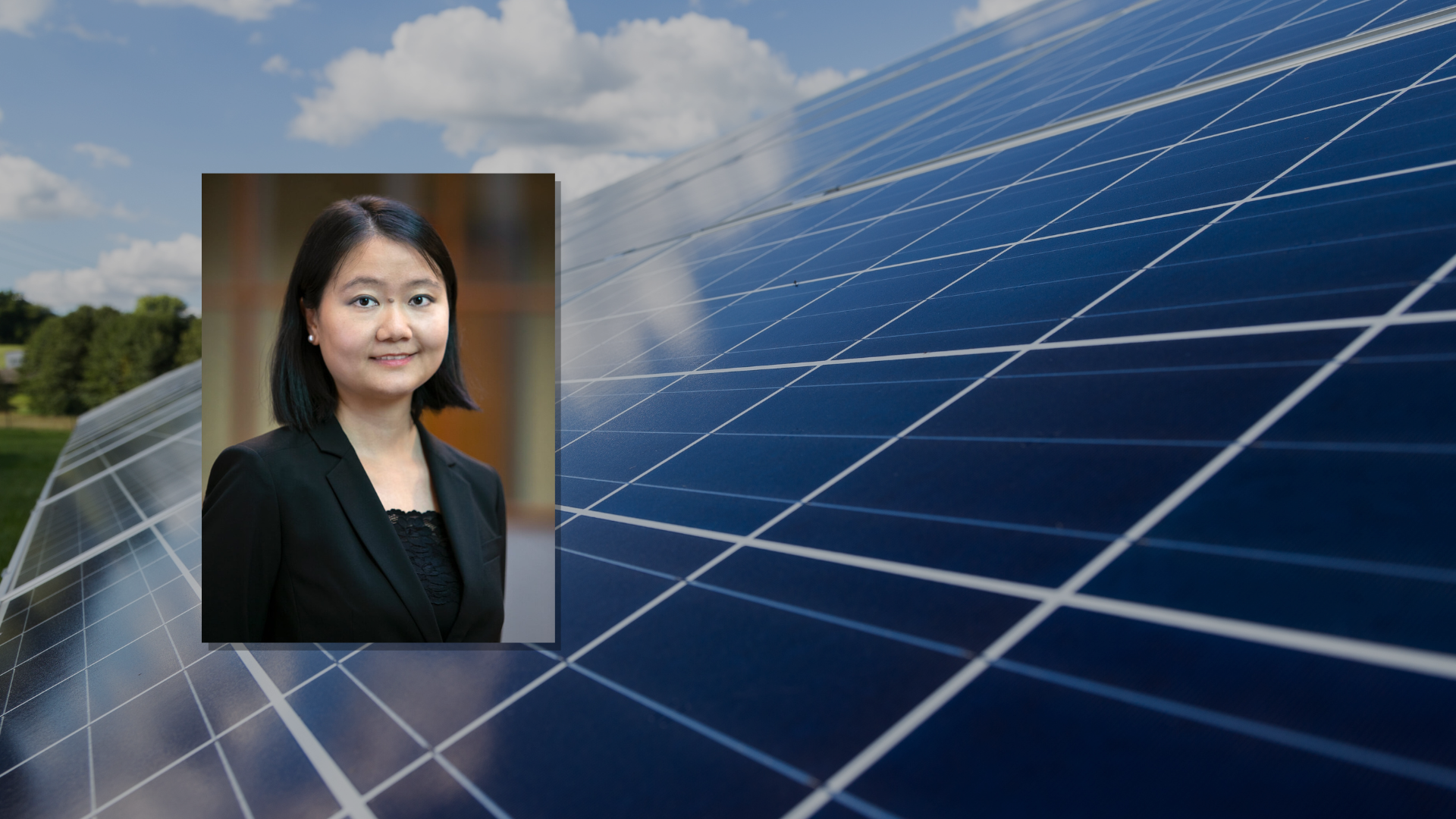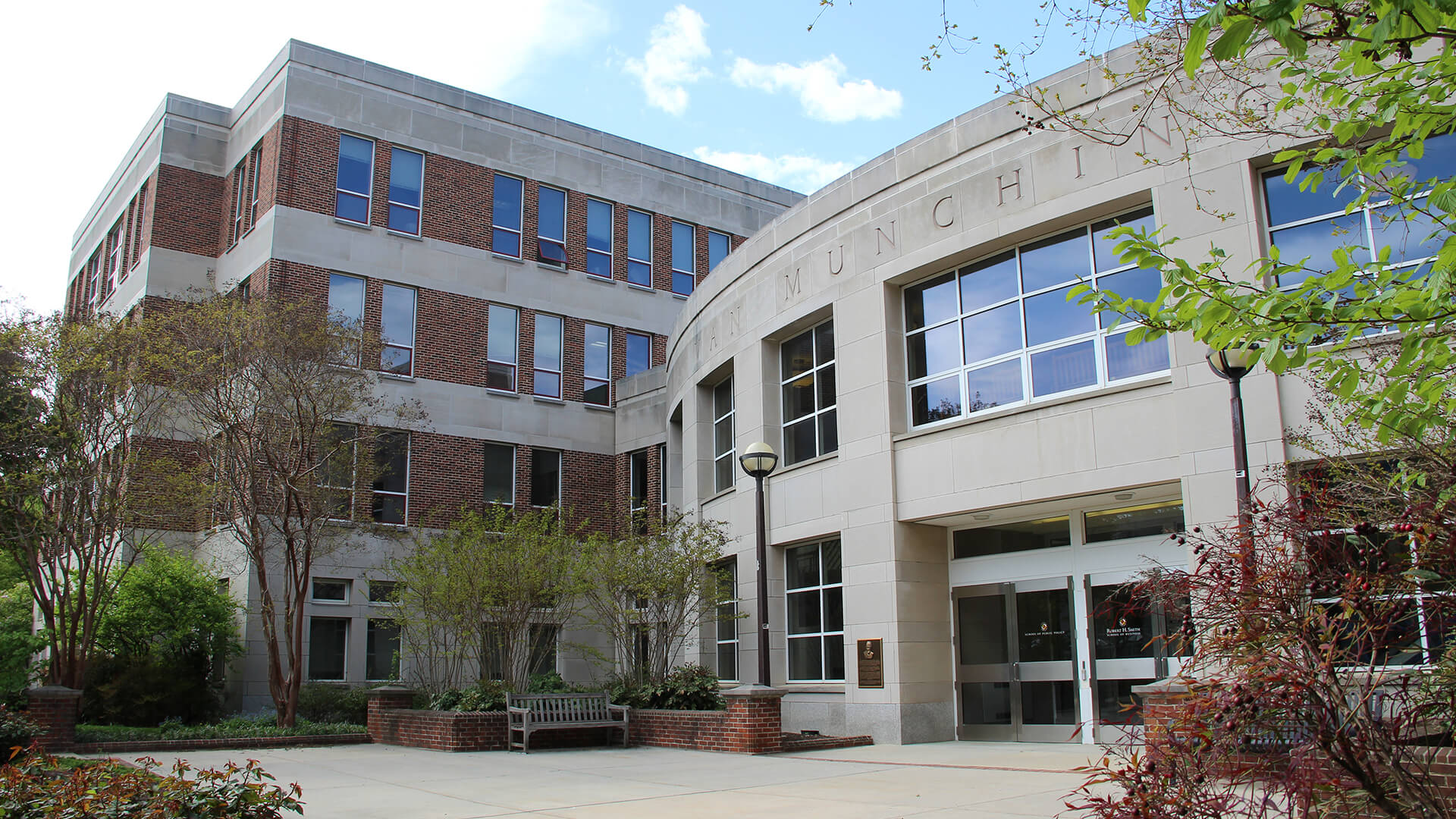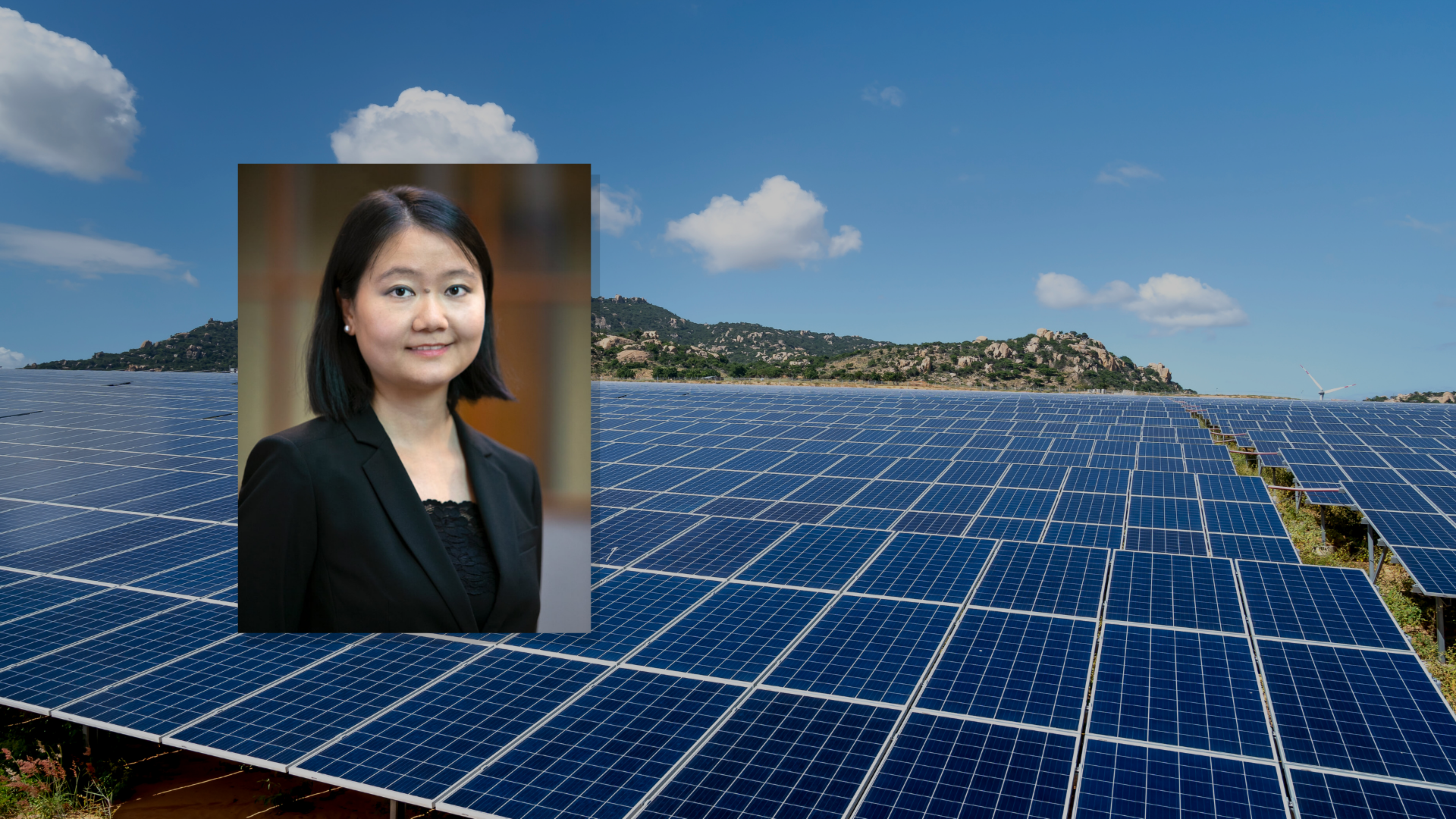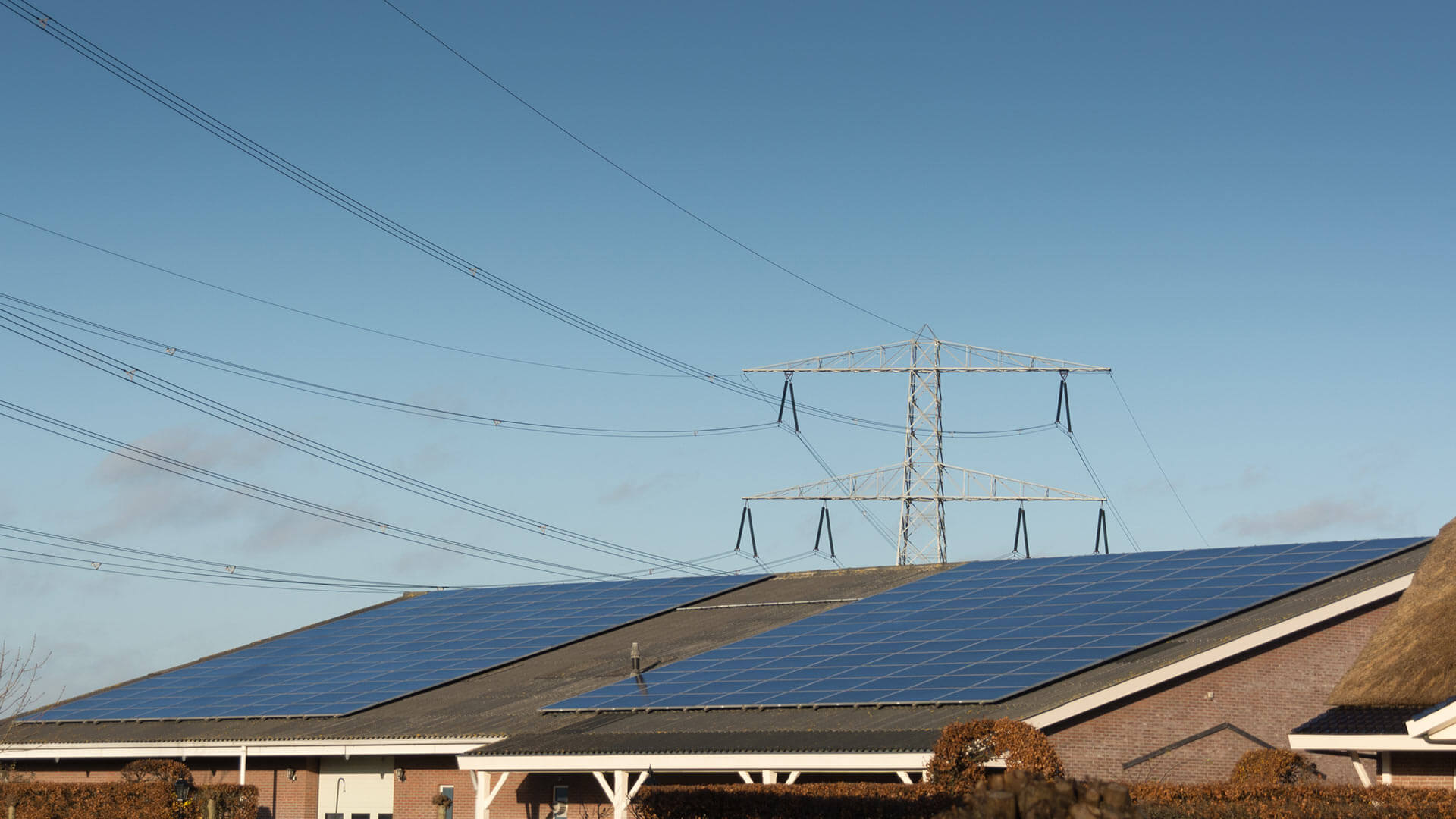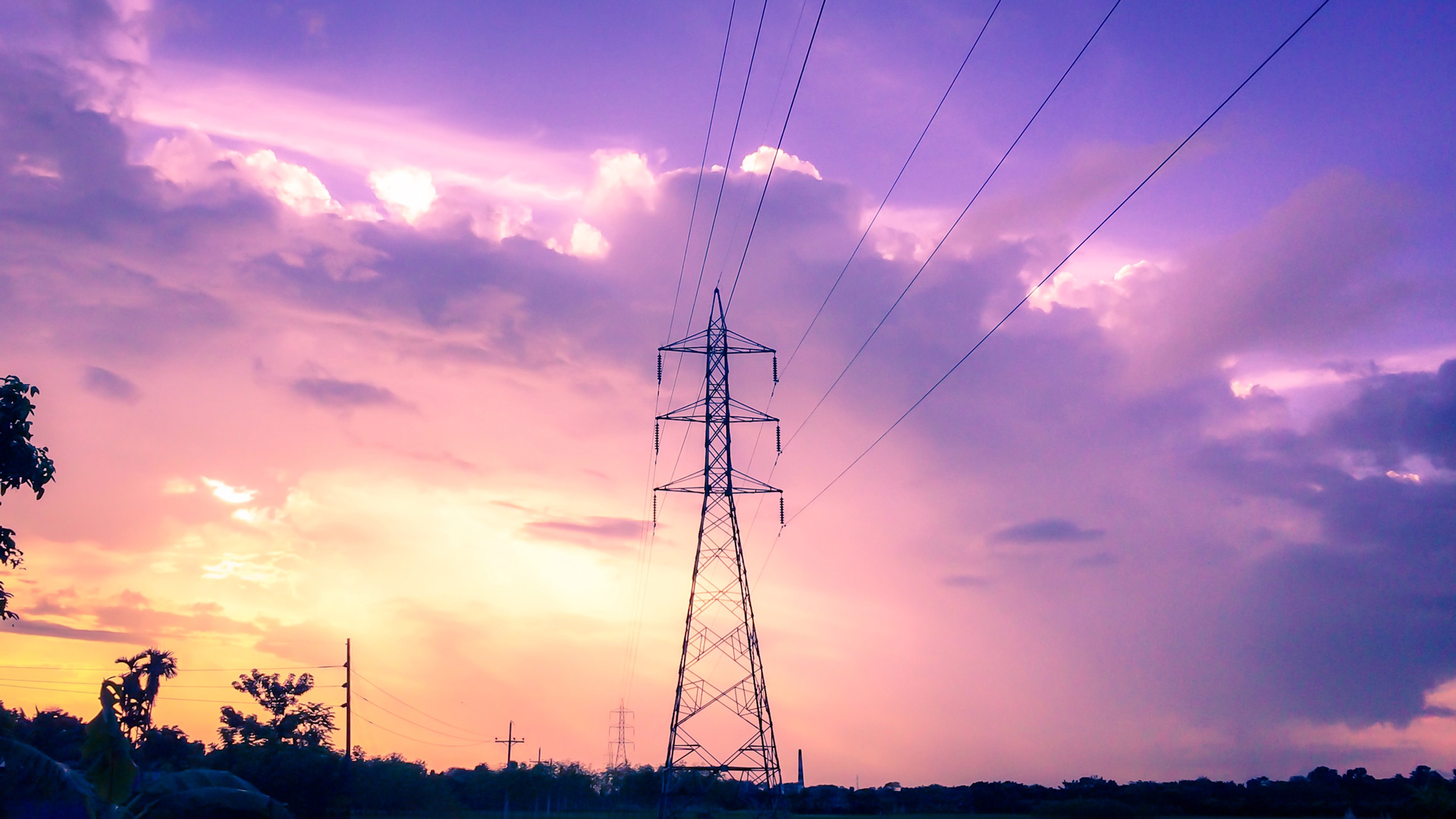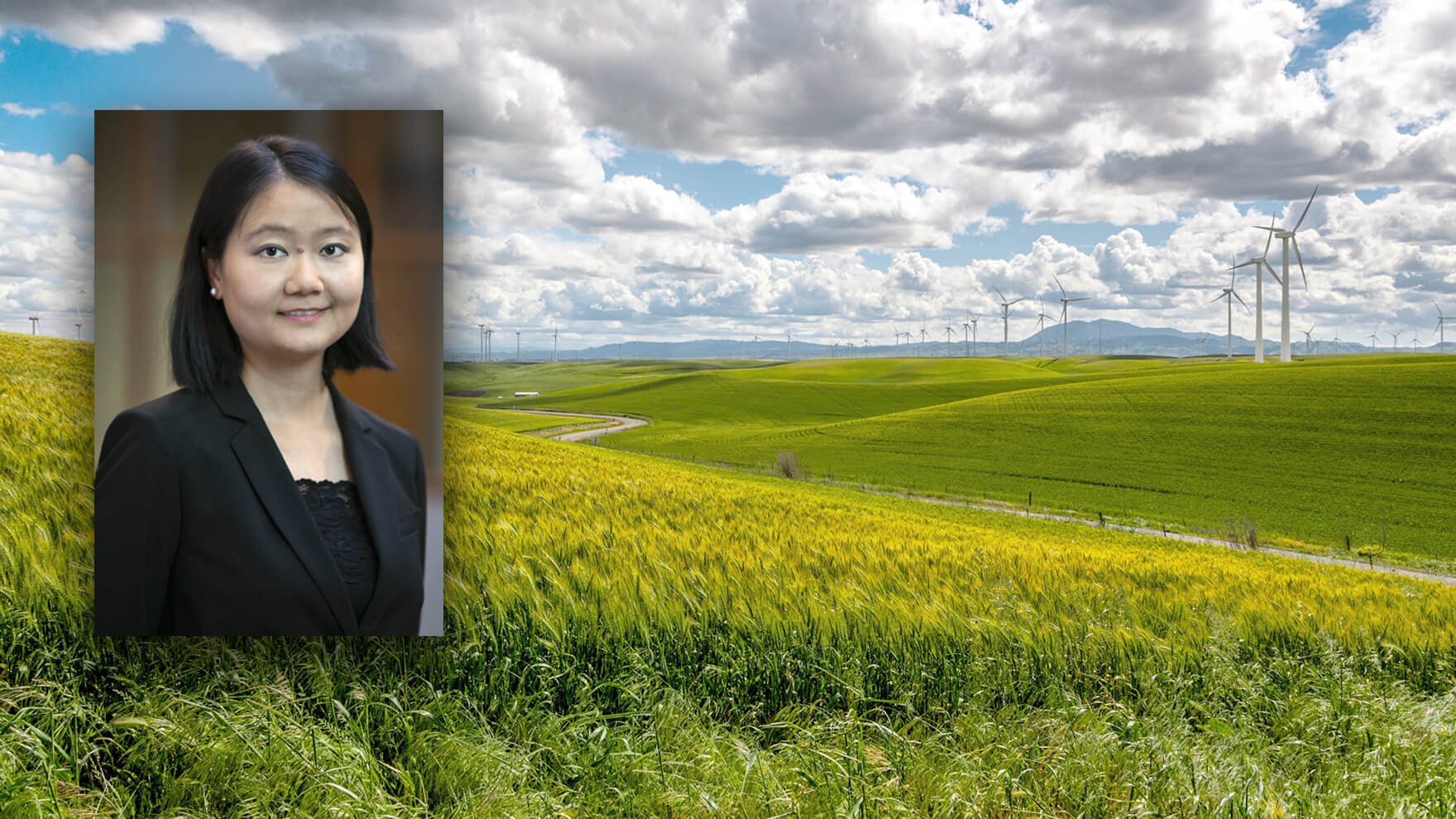Yueming (Lucy) Qiu is a professor, the Roy F. Weston Chair in Natural Economics, and associate dean for research and faculty affairs in the School of Public Policy at the University of Maryland College Park. Her research group focuses on using big data with quasi-experimental and experimental methods to answer empirical questions related to the interactions among consumer behaviors, low-carbon technologies and incentives. Her research projects have been funded by the National Science Foundation, the Sloan Foundation, Department of Defense, Electric Power Research Institute and Water Research Foundation.
Qiu received her Ph.D. from Stanford University and B.S. from Tsinghua University. She has published in journals including The Review of Economics and Statistics, Journal of Environmental Economics and Management, Nature Energy, Nature Sustainability, Joule and Nature Communications. She is a recipient of the NSF CAREER award and the APPAM World Citizen Prizes in Environmental Performance. She served as the vice president of academic affairs of the United States Association for Energy Economics (USAEE) and co-chair of the Association for Public Policy Analysis and Management (APPAM)'s Natural Resource, Energy, and Environmental Policy area. See Qiu's research website for more details of her research projects, publications and teaching interests.
- Energy & environmental economics; field experiments; technology & innovation economics; behavior experiments
An overview of the state of the art in quantitative methods that are relevant to public policy research. Provides exposure to the state of the art in both econometric and survey research, and includes coverage of methods relevant to the particular students’ expected research and discussion sessions.
Schedule of Classes

The Center for Global Sustainability focuses on policies that can help in accelerating the development and deployment of clean energy technologies. This includes assessment of emerging technologies, institutional structures and policies, and financing models both in the United States and in diverse global contexts.
Learn More about Energy Pathways: Innovation, Economics, and PolicySchool Authors: Yueming 'Lucy' Qiu
Other Authors: Bo Wang, Han Shi, Nana Deng, Destenie Nock, Xingchi Shen, Zhaohua Wang, Yi 'David' Wang
School Authors: Yueming 'Lucy' Qiu
Other Authors: Xiaofeng Ye, Destenie Nock, Bo Xing
School Authors: Yueming 'Lucy' Qiu
Other Authors: Andrew J. Jones, Destenie Nock, Constantine Samaras
School Authors: Yueming 'Lucy' Qiu
Other Authors: Huiming Zhang, Aixin Zhang, Kai Wu, Yinyin Cai, Shouyang Wang, Weiwei Wang, Yongfan Zhao
School Authors: Yueming 'Lucy' Qiu
Other Authors: Rong Nie, Juliana Carneiro, Jinbo Song
School Authors: Yueming 'Lucy' Qiu
Other Authors: Morgan Edwards, Xingchi Shen, Pengfei Liu
School Authors: Yueming 'Lucy' Qiu
Other Authors: Morgan R. Edwards, Jaime Garibay-Rodriguez, Jacob Shimkus Erickson, Muhammad Shayan, Jing Ling Tan, Xingchi Shen, Pengfei Liu
School Authors: Yueming 'Lucy' Qiu, Nathan Hultman
Other Authors: Nana Deng, Bo Wang, Xingchi Shen, Zhaohua Wang, Han Shi, Jie Liu, Yi David Wang
School Authors: Yueming 'Lucy' Qiu
Other Authors: Han Shi, Bo Wang, Nana Deng, Baichen Xie, Bin Zhang, Shijun Ma
School Authors: Yueming 'Lucy' Qiu
Other Authors: Yuheng Zheng, Rui Shan, Wangtu (Ato) Xu
School Authors: Yueming 'Lucy' Qiu
Other Authors: Shuchen Cong, Arthur Lin Ku, Charlotte Ng, Destenie Nock
School Authors: Yueming 'Lucy' Qiu
School Authors: Yueming 'Lucy' Qiu
School Authors: Yueming 'Lucy' Qiu
Other Authors: Zhaohua Wang, Bin Lu, Bo Wang, Han Shi, Bin Zhang, Jingyun Li, Hao Li, Wenhui Zhao
School Authors: Yueming 'Lucy' Qiu
Other Authors: Minji Kwon, Shuchen Cong, Destenie Nock, Luling Huang, Bo Xing
School Authors: Yueming 'Lucy' Qiu
Other Authors: Andrew Jones, Destenie Nock, Constantine Samaras, Bo Xing
School Authors: Yueming 'Lucy' Qiu
School Authors: Yueming 'Lucy' Qiu
Other Authors: Bo Wang, Han Shi, Zhaohua Wang, Shuling Xu, Nana Deng, Bin Zhang
School Authors: Yueming 'Lucy' Qiu
Other Authors: Xiaofeng Ye, Zheyu Zhang
School Authors: Yueming 'Lucy' Qiu, Anand Patwardhan, Nathan Hultman
Other Authors: Xingchi Shen, Xing Bo, Bing Dong
